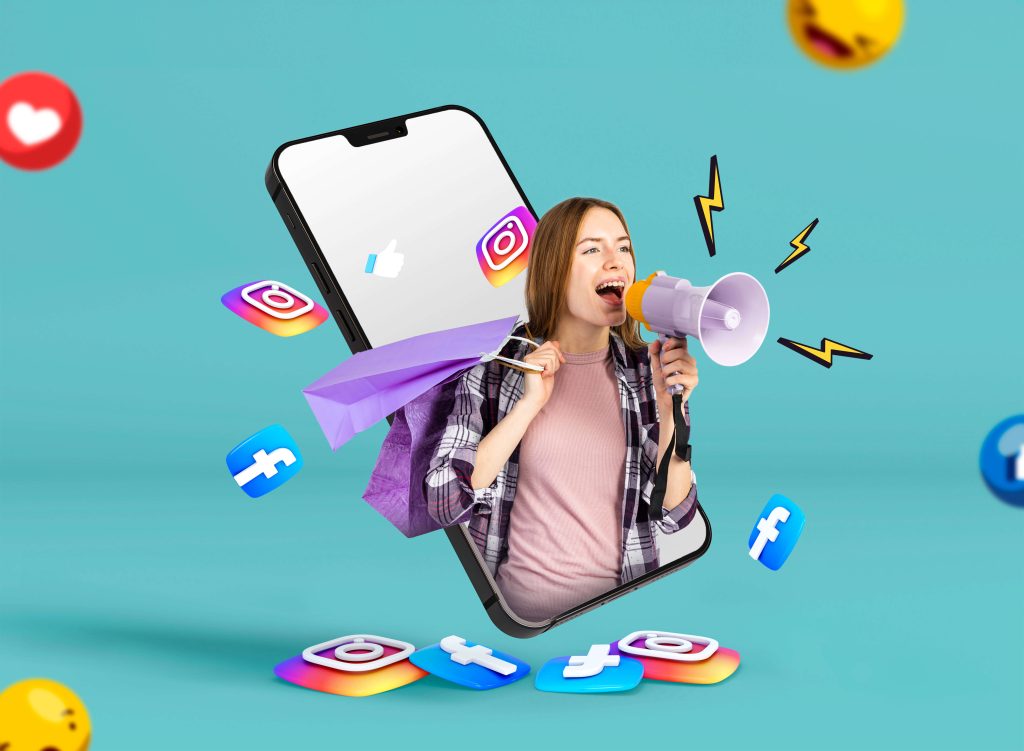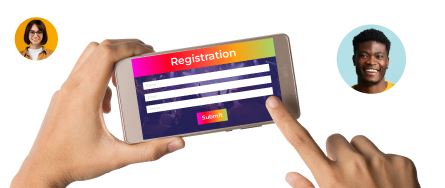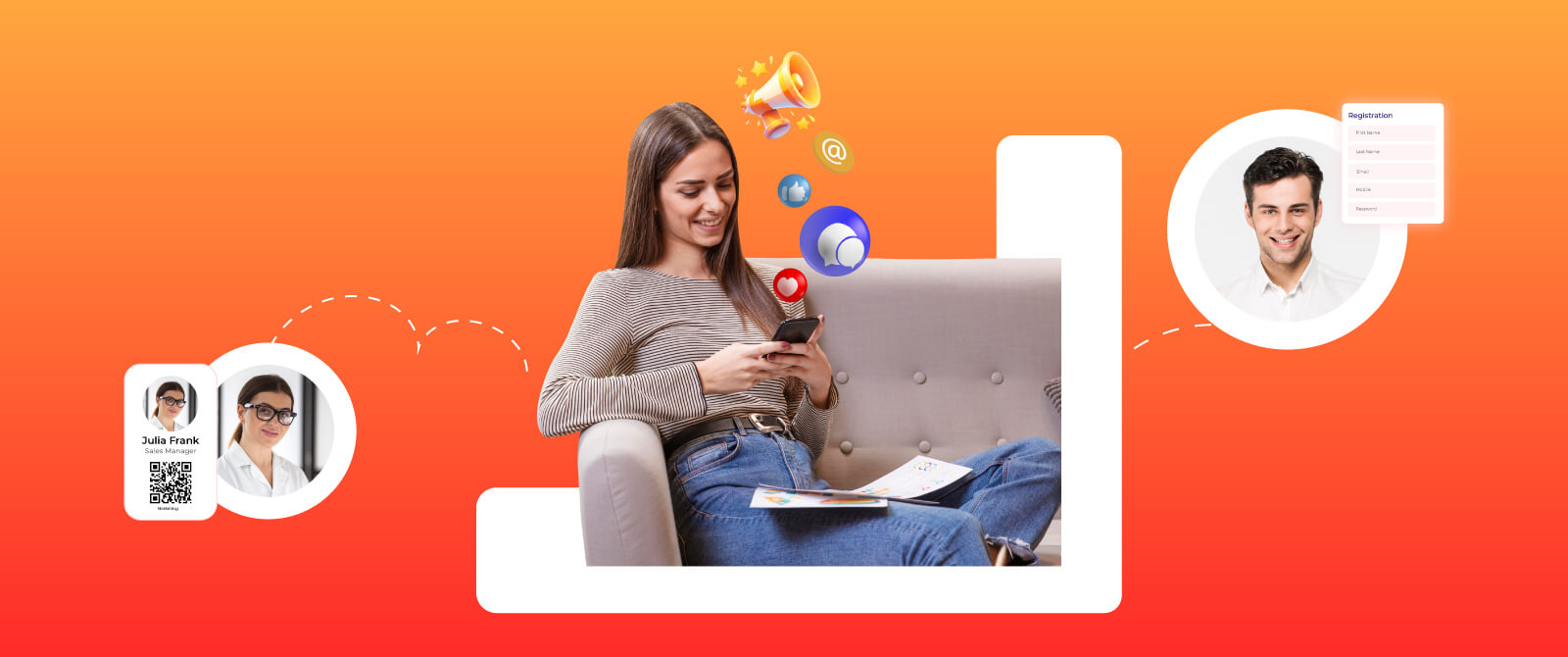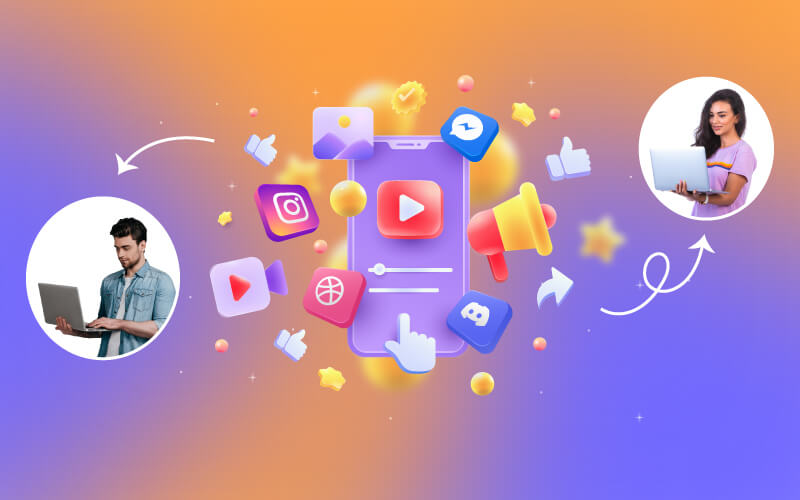In the current fast-moving environment of the computer, utilizing social events sites during events can be very helpful to get more people registering at the last minute for our events. We can’t ignore the impact that social media promotion has had on this field because it provides us with a way through which we can project our activities out there without limits. As we delve into the various tactics for driving last-minute registrations, we’ll explore the psychology behind last-minute decisions, the best platforms for different event types, and specific strategies that have proven successful.
Table of Contents
Understanding the Importance of Last-Minute Registrations
Eleventh-hour sign-ups can make a huge difference in how successful an event will be. Numbers point out that most of the people attending such events usually sign up during the final few days before it takes place. The numbers show that just over a quarter (27%) of tickets are purchased two weeks before the D-day thus justifying the shift in approach towards anything that targets those who haven’t made up their minds due to indecision.
Psychology of Last-Minute Decisions
Understanding why people register at the last minute is crucial for effective social media event promotion. Several psychological factors play a role, including fear of missing out (FOMO), schedule uncertainties, and decision fatigue. FOMO can motivate me strongly. Thus, with its originality in the advertising industry and urgency, FOMO can be used by marketers to attract more late participants through social media event registration strategies
Choosing the Right Social Media Platforms
Platform Demographics
Various social media platforms are preferred by various audiences hence people should choose the correct ones for their event types. LinkedIn is perfect for professional and industry-specific events because it has a business-oriented clientele. In contrast, lifestyle and community events are covered more appropriately on Instagram and Facebook because of the diversity and visual orientation of their audiences respectively, which in turn facilitates tailoring the social media publicizing strategy to the specific audience

Engagement Levels
Engagement is different on various platforms. Instagram is an example, which has high engagement rates, especially for visual content such as stories or reels. Facebook has introduced a new feature on its platform to allow detailed event page creation. This enables easy sharing among users and increases organic reach. LinkedIn however, has created a professional network that enables the facilitation of specific outreach during B2B events. Knowing where your audience engages most can optimize your efforts in social media for events to drive registrations.
Tactics for Driving Last-Minute Registrations
1. Create Urgency
Limited-Time Offers
There is a feeling of urgency that makes one take action at once due to Limited-time offers that include flash sales and discounts. By posting and advertising the promotions, it is possible to encourage registration at the eleventh hour. Phrases like “Last Chance” or “Ends Soon” can be highly effective in pushing potential attendees to commit. This is a crucial element of social media for event registration.
Countdowns and Timers
The countdown timers use the pressure of time to push users into acting right away whether they like it or not in posts and stories. Instagram Stories Tool and Facebook Events Tool are great for making use of these features on their platforms enabling you to capitalize on the ever-present urge for quick response among your listeners. This is an effective strategy in social media event marketing.
2. Leverage Influencers and Partnerships
Influencer Collaborations
Collaborating with influencers allows your reach to increase drastically. Influencers that are associated with your event’s concept can communicate your event’s worth very effectively to their fans. For instance, a technology conference can partner up with popular bloggers in the technology niche or other famous YouTubers to advertise the event to their very own audience who trust them.
Cross-Promotions
Your reach may be enhanced by collaborating with other brands or events for cross-promotion. When partnering up with those whose audiences complement yours, mutual benefits can be realized through each other’s networks. It’s a great method especially where both sides would want this event to succeed. Utilizing social media for events in this way can greatly boost event attendee numbers.
3. Utilize Paid Advertising
Targeted Ads
Social networking platforms enable advanced targeting options that can unite probable attendees through demonstrations of demographics, interests, and behaviors; the development of highly targeted ad campaigns guarantees that your message about last-time registration will reach the most relevant segments of the audience. This approach is central to effective social media event marketing.
Retargeting Strategies
Retargeting advertisements are important in order to bring users who have demonstrated prior interest back again—they’ve not yet signed up. Serving as friendly prompts, these ads may be customized for any indecision or supplementary data as a push aimed at making them sign up. As far as registering to attend events is concerned, this strategy cannot be overlooked because it forms an integral bit of social platforms and events.
4. Engage with Interactive Content
Live Streams and Q&A Sessions
Opportunities for interactive, real-time engagement are provided by live streaming as well as Q&A sessions. To stimulate interest and gain trust, individuals interested in attending should participate in such sessions, where they can ask questions and receive instant responses. Such a goal can be achieved using platforms such as LinkedIn Live, Facebook Live, and Instagram Live among others. This way, they can significantly increase event attendee participation through social media in events.
Polls and Contests
Engagement can be significantly magnified by activities like surveys, competitions, etc. for example running a competition in which the prize is a free ticket and even access to a section that is closed can raise interest and stimulate last-minute actions. This last statement implies that the polls might offer an idea of what potential visitors desire thus enabling the adjustment of strategies towards the forthcoming events.
5. Share User-Generated Content
Testimonials and Reviews
When users generate content like testimonials and reviews, they produce social proof that may influence potential participants who have not yet decided. By spontaneously viewing first-hand past participants’ good experiences, one can see why the function fair was worthy of note and how it could be relied upon. This content can be shared through posts, stories, and even ad campaigns. This is a powerful tool in social media for event registration.
Event Highlights
Highlighting photo and video examples from past events has the potential to create eagerness because when potential attendees visualize other people enjoying themselves and interacting with what is happening they are probably going to show up themselves; thus raising attendance probability. Therefore, Highlight reels, and behind-the-scenes clips with interviews from participants can present a strong case.
6. Optimize the Timing and Frequency of Posts
Best Times to Post
If you time your posts right, more people will see them. Studies have shown that each social media platform has its peak moment when posts get the most visibility. For instance, Instagram does well at night as opposed to LinkedIn which records the highest traffic on weekdays in the morning. This optimization is crucial in social media event marketing.
Frequency and Consistency
Maintaining a consistent posting schedule keeps your event top-of-mind without overwhelming your audience. The essential thing is to find balance in the rate at which articles are posted. Without enough posts, the audience might lose chances, but too many of them would make people tired of checking your website out regularly. To plan how often you will post, consider using a content calendar. Social media demands that you stay consistent with event listings.
Case Studies and Examples
Successful Campaigns
Sustainable campaigns provide a lot of information on the things that work. For example, consider the case of a big tech conference that recorded a sudden spike in its last-minute registration rates after using Instagram Stories and LinkedIn LinkedIn-sponsored content. Thus urgency and targeted ads alongside influencer branding cannot disappoint. These are prime examples of social media event solutions.
Lessons Learned
Analyzing both successful and less successful campaigns can demonstrate important takeaways. For example, lower engagement was noticed for a music festival that did not optimize post timing on social media in comparison with a similar event that used the right time for posting and interactive content. It is important to learn from such cases if we are to make better promotion of social media events in the days to come.
Measuring Success
Key Metrics
Observing indicators of reach helps one to know social media strategy and performance. For example, the reach may be on engagement rates, conversion rates, or the number of registrations, among others which help in evaluating the effectiveness of social media during events.
Tools and Analytics
There are numerous social media monitoring and analytics tools available. Some of them are Hootsuite, Sprout Social, and Google Analytics. It helps to understand how well you are performing with your campaigns hereby assisting you make adjustments in good time to achieve maximum impact. The effective usage of these tools is equally important when carrying out social media event marketing that aims at gaining followers and improving influence.
Conclusion
In summary, driving last-minute event registrations through social media requires a multifaceted approach. For those who understand last-minute decision psychology, pick the right platforms, and execute highlighted tactics; they can boost last-minute registrations significantly. To continue succeeding in this continuously evolving digital world, remain bendy and receptive to on-the-spot statistics or actualities. These are the essential strategies for successful social media events.
Simplify Event Planning Hassle-Free





















